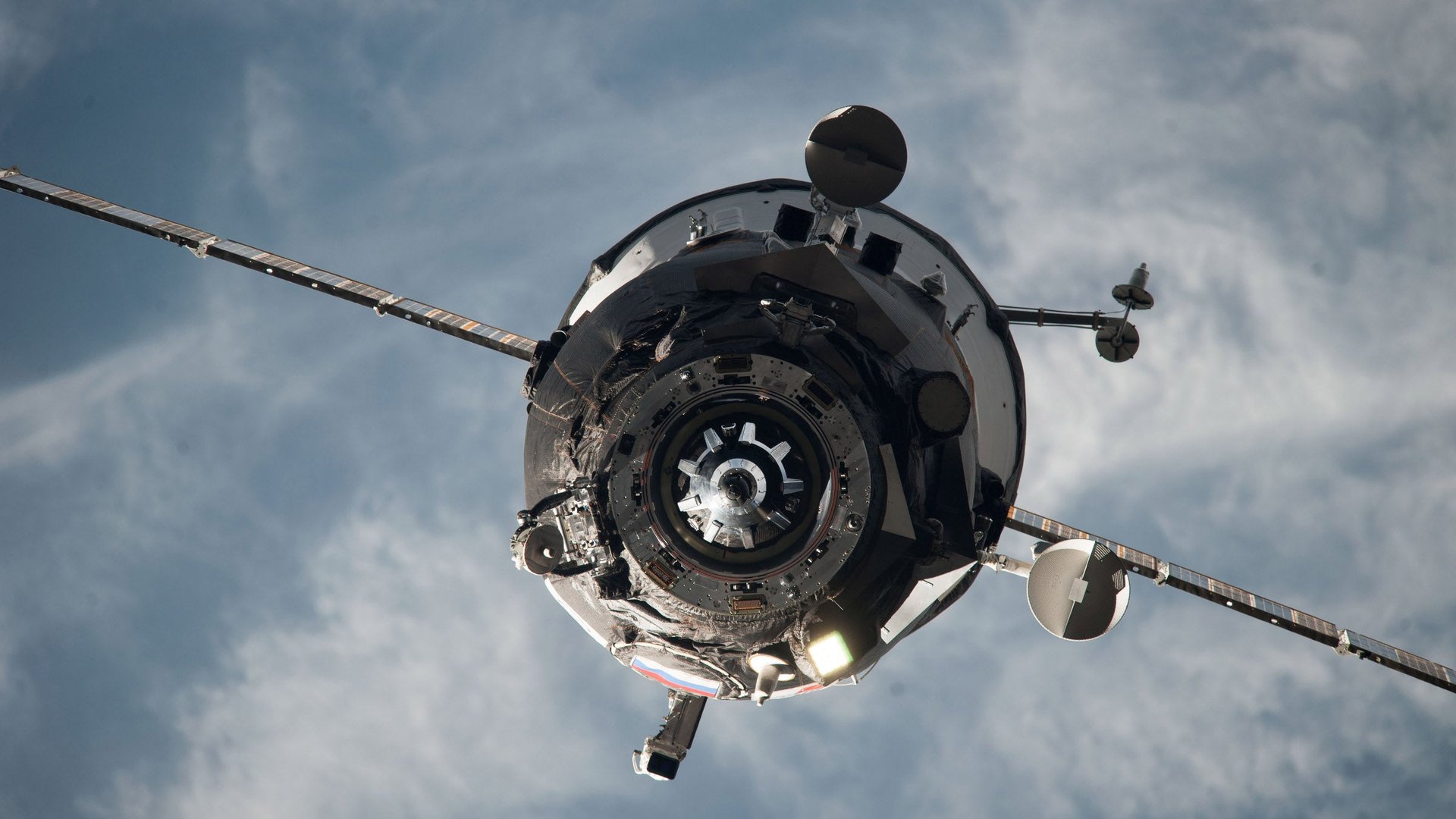Watch live: A Russian space robot carefully approaches the International Space Station
On Feb. 15, an uncrewed Russian spacecraft will deliver nearly three metric tons of supplies, fuel and oxygen to the International Space Station.


On Feb. 15, an uncrewed Russian spacecraft will deliver nearly three metric tons of supplies, fuel and oxygen to the International Space Station.
After two days in orbit following a Feb. 13 launch, the Progress spacecraft will begin its careful approach to ISS. Both spacecraft are moving at more than 25 times the speed of sound as they orbit the earth, and Progress will approach in stages to ensure the safety of the six astronauts currently onboard.
You can watch the maneuver with NASA’s narration on the livestream below, starting at 5am ET:
Progress is an old hand in the space robot game. Some version of the automated re-supply craft has flown since 1978, and has learned some hard lessons: A 1997 collision between a Progress spacecraft and the Mir space station resulted in one of Mir’s habitats being permanently shuttered. In 2015, a malfunctioning Progress spacecraft spun out of control and eventually burned up in the atmosphere without completing its mission:
Still, some 70 Progress missions have been launched to ISS, and none have harmed the station; only three have failed to deliver their cargo.
The Progress is unique in its ability to bring propellant to the ISS in an onboard tank and fire its engines to lift the space station to higher altitude. The 430 ton (390 metric ton) ISS orbits about 250 miles above the earth, where there is still enough atmosphere present to gradually drag it back to earth if it is not boosted back up. ISS also uses its own engines to avoid space debris and occasionally to re-orient itself.
The ISS is operated by an international consortium including the United States, Russia, the European Union and Japan, and requires frequent re-supply missions. Roscosmos, Russia’s space agency, operates the Soyuz rockets and spacecraft that ferry humans to the orbiting lab, as well as launching Progress spacecraft on uncrewed supply missions. In the US, NASA is shifting ISS operations over to private companies: SpaceX and OrbitalATK currently fly cargo missions, while SpaceX and Boeing are vying to fly humans there next year. Japan also operates an automated cargo vehicle on annual missions to ISS.